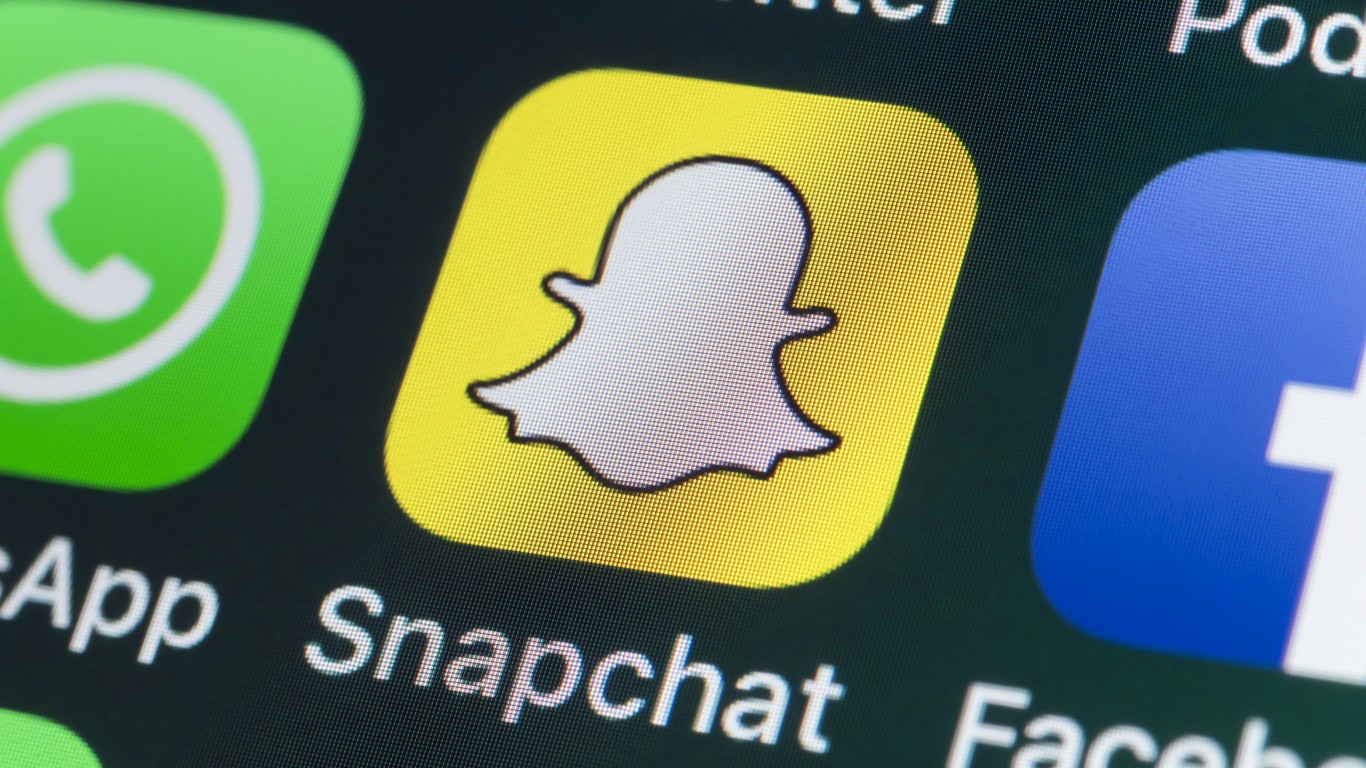Technology
What's Up With Apple: A Win in Court, App Transparency Not So Transparent, and More

Published:

On Wednesday, the federal Ninth Circuit Court of Appeals issued its ruling on an appeal from Apple Inc. (NASDAQ: AAPL) to delay an injunction that would have taken effect today requiring the company to allow links to external websites from apps sold at the App Store. Apple was appealing the ruling handed down in September by District Court Judge Yvonne Gonzalez Rogers in a lawsuit brought by Epic Games against Apple.
In its decision, the Ninth Circuit wrote that Apple’s “appeal raises serious questions on the merits of the district court’s determination that Epic Games, Inc. failed to show Apple’s conduct violated any antitrust laws but did show that the same conduct violated California’s Unfair Competition Law.”
The ruling allows Apple to delay implementing Judge Rogers’ order until the Ninth Circuit rules on the appeal. That ruling could take as long as a year to be delivered. The two-page ruling is available as Epic Games Inc. v. Apple Inc., 21-16695, U.S. Court of Appeals for the Ninth Circuit (San Francisco).
In other good news for Apple, the company is getting closer to a $3 trillion market cap. At Wednesday’s closing, Apple’s market cap was $2.872 trillion.
While all that was the good news for Apple Wednesday, there is also some not-so-good news. Apple’s App Tracking Transparency (ATT) feature may not be as effective as the company has led people to believe. The Financial Times reported Wednesday that Apple has implemented a “much looser interpretation” of the feature that allows companies “to keep sharing user-level signals from iPhones, as long as that data is anonymised and aggregated rather than tied to specific user profiles.”
While ATT prohibits personally identifiable tracking, companies can collect signals like IP address, location, language and other data because apps require the information in order to present a decent user experience. From the Financial Times:
Lockdown Privacy, an app that blocks ad trackers, has called Apple’s policy “functionally useless in stopping third-party tracking”. It performed a variety of tests on top apps and observed that personal data and device information is still “being sent to trackers in almost all cases”.
Apple had to give developers some leeway, BlueConic COO Cory Munchbach told the paper. Otherwise, Apple is “basically gutting their top-performing apps from a user-consumption perspective. That would ultimately hurt iOS.”
Munchbach also pointed out that without access to the data and algorithms that companies like Snap and Facebook use, people can’t be sure their privacy is being protected: “If historical precedent in adtech holds, those black boxes hide a lot of sins. It’s not unreasonable to assume it leaves a lot to be desired.”
Ars Technica has a reprint of the Financial Times story.
Briefly noted:
Three more engineers associated with Apple’s self-driving car project have left the company. All three left for new jobs in electric flying-taxi startups Joby Aviation and Archer Aviation.
Apple and Hyatt Hotels have launched a new feature of iOS 15. People can now keep their hotel room key in their Apple Wallet on an iPhone or Apple Watch. It’s pretty slick, but only available in six hotels right now.
Thank you for reading! Have some feedback for us?
Contact the 24/7 Wall St. editorial team.